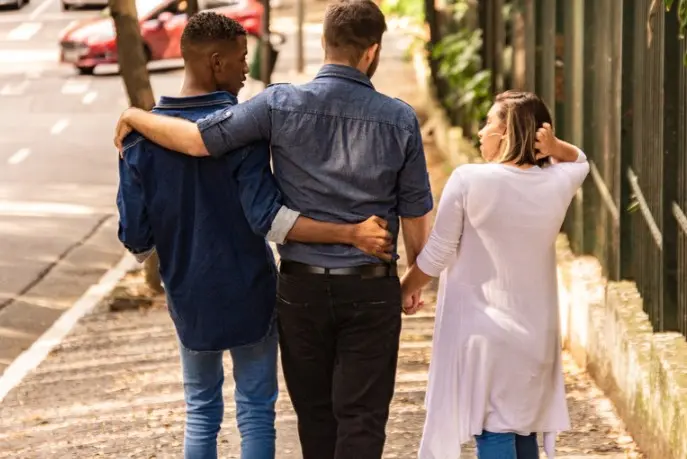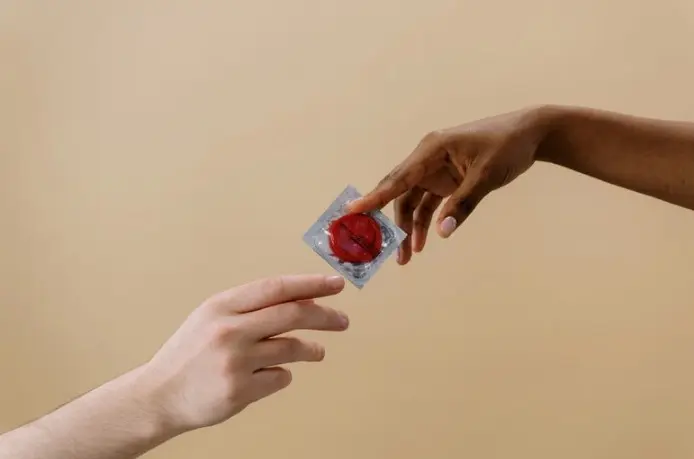Female Genital Mutilation (FGM) is illegal in the UK but still happens here and across the world.
It is often a traumatising experience which can leave women and girls seriously harmed with scarring, pain and mental health issues. However, whilst it can be scary to acknowledge and come to terms with, victims can heal.
What is FGM?
FGM is when a woman or girl’s genitals are deliberately changed or removed for non-medical reasons.
There are three main types of FGM:
- Clitoridectomy – the partial or complete removal of the clitoris
- Excision – the partial or complete removal of the clitoris and the inner and outer labia
- Infibulation – the narrowing or sealing of the vaginal opening by cutting and repositioning the labia
Why does FGM happen?
FGM might happen for a number of reasons – but it’s almost never medical.
In several strict religious communities, female sexuality is a taboo and restricted topic. Women and girls are often forbidden to explore sex and female pleasure is also not allowed.
FGM is used to control female sexuality, which can lead to long-lasting issues with the victim’s physical and mental health.
The majority of women and girls need clitoral stimulation to orgasm. Therefore, removing the clitoris and other parts of the vagina and/or vulva seriously limits the pleasure women and girls can experience.
As it is a criminal offence in the UK, FGM often takes place either behind closed doors or abroad, meaning it is rarely conducted under clean medical conditions.
FGM is often done without anaesthetics or antiseptics, making it painful, traumatic and dangerous.
FGM – a criminal offence
FGM is a criminal offence in the UK. However, whilst instigating or conducting the process is a crime, victims are not to blame and can come forward without fear of getting in trouble.
FGM often takes place with young babies or children, which brings up further issues of consent. The process is rarely the decision of the victim, regardless of their age.
It can be difficult for people to see themselves as victims of FGM, especially as it’s often a cultural and religious practice. Some can see it as a natural part of life, especially if it’s practiced throughout the generations of a family.
Dealing with the experience
It can be very hard to come to terms with FGM once you’ve realised you have been a victim.
You might not be ready to tackle these issues yet, which is perfectly natural – and if not, that is perfectly fine. Coming to terms with your experience is the most important part of the healing process, however long it may take.
It is completely natural for feelings of resentment around family and religion to come up. It’s normal to question your identity and even your own beliefs after such a traumatising event.
Try to be mindful. Healing can take time, both physically and mentally. If it’s right for you, take whatever distance is needed with those around you to make sure you’re safe.
You might want to tell others about your experiences or see a therapist or counsellor. There’s no stigma in seeking help, particularly when addressing your mental health.
Your doctor may be a good person to share your experience with first.
Finding other ways to explore pleasure
If you’ve undergone FGM and are struggling to experience pleasure during sex, there are ways to help.
Consider talking to your partner(s) and being open to exploring what works for you. This can include focusing on other sensitive areas of your body (e.g. nipples), introducing sex toys or exploring roleplay.
It’s can be helpful to think about the intimacy of sex, rather than focussing on the end goal of an orgasm.
Empower yourself through your choices, and if you’re ready, you can start to make your body feel yours again.
Whatever you do, make sure you’re comfortable. If you’re ever in pain, let your partner(s) know so you can stop and find another way.
There shouldn’t be any stigma around your experiences. With the right partner(s), you should feel supported and understood, so you can enjoy sex together.
Helping yourself or those around you deal with trauma
If you or someone you know has experienced FGM, be mindful and patient with them.
It can be difficult to process the trauma, especially if it has happened through the actions of their family or close community.
Be patient with yourself and others and seek help when you need it. Coming to terms with such difficult experiences is tough – a strong network of friends and people to confide in can make a world of difference.
If you’re worried about someone you know, or if you’re worried a girl or young woman is at risk of (or has had) FGM.
Call the NSPCC’s FGM helpline on 0800 028 3550 or email fgmhelp@nspcc.org.uk



